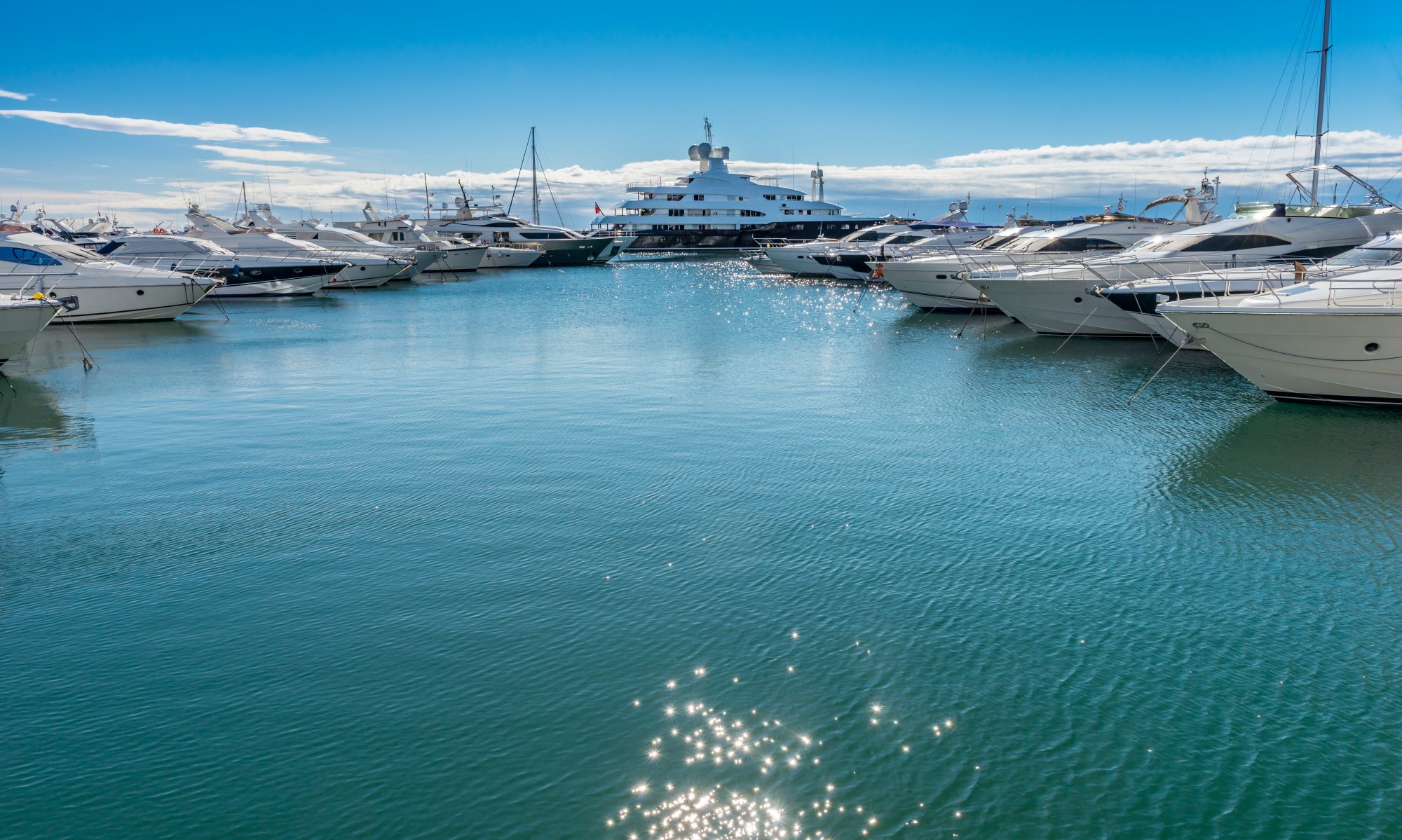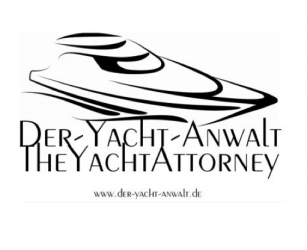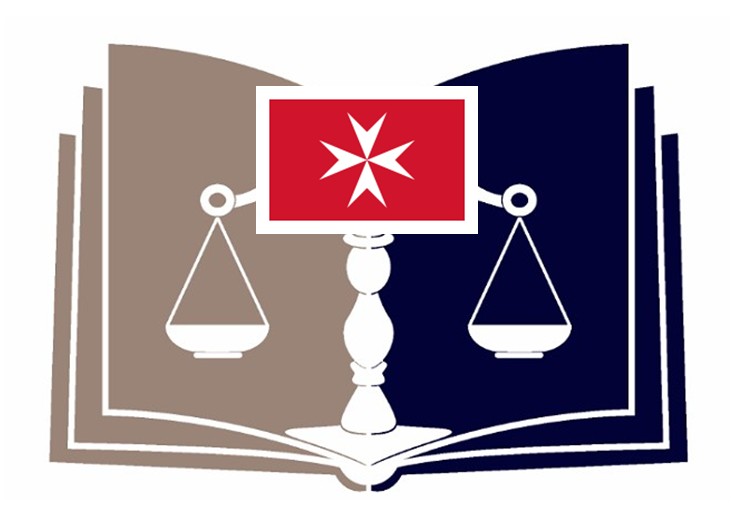I can not preach it often enough: The Malta-Lease-Scheme is a VAT-Scheme offered under Maltese Law and cannot be “bought” and implemented 1:1 by EU-Citizens without a very special legal and tax design approach to it from the perspective of the tax-home-country of the UBO. If one doesn´t care about that he will buy a pig in a poke and wake up smashingly in case of an audit.
So the Maltese Scheme is not the game, it´s just a part of it, no more and no less and to make it compliant, one needs to work much more on the clients tax-home-country perspective.
For the time being, let´s have a view on what is offered under the “Malta-Lease-Scheme:
Yachts owned by EU resident individuals or corporate entities have the right to free movement throughout the EU provided VAT has been paid on the Yacht in one of the EU countries.
VAT is a consumption tax charged on goods and services generally to be payed where the good is delivered to the buyer or the services are rendered.
When someone buys a yacht in the EU there is a requirement to pay VAT on that buy. The VAT amount due varies depending on the VAT rate applicable in the relevant EU Member State. Depending on whether the customer purchasing the yacht is a private individual or a corporate entity affects the mechanism for charging the VAT.
In case the yacht-buyer is a corporate entity established in another EU Member State, then – due to an EU Intracommunity supply – the VAT rate shall be applicable in the buyers EU country.
For example a Yacht is build in Italy and sold to a Maltese Company registered for VAT, the Italian shipyard issues a sales invoice with both VAT-ID numbers and doesn’t charge Italian VAT on the sale of the yacht (zero-rated EC supply). The Malta Company takes delivery of the yacht in Malta and records the purchase in its Malta VAT return as an EC Acquisition. The Malta Company has to charge itself the Malta standard rate of VAT on the EC Acquisition and reclaims said VAT as input tax in case the entity is a trading company and the Yacht is a business asset for carrying on an economic activity for VAT purposes.
The logic behind the Malta VAT lease scheme is that such a trading company leases a yacht commercially to a lessee in return for payment as an economic activity.
Such a leasing company has the right to recover VAT according to Malta law and charges VAT to the lessee in respect of the lease payments and this is where the Malta VAT leasing arrangements have their basic principles. A long term lease of a yacht is considered a supply of services. The supply of such services is subject to VAT according to the use of the vessel. Due to Malta tax law, VAT is due only on the portion of the lease which takes place within EU territorial waters.
As it’s very difficult to track the movements of a yacht the Malta VAT Department has determined the following percentages to be the deemed amount of use of a yacht in EU territorial waters:
It is very difficult to trail the movements of pleasure crafts in order to determine the period that the craft spends within the territorial waters of the EU and the time it spends outside the EU. In this regard, these guidelines establish the estimated percentage portion of the lease based on the time that the craft is used within the territorial waters of the EU. These percentages are set according to the length of the craft and its means of propulsion (power or sailing). The standard rate of VAT in Malta of 18% is only applied on the established percentage of the lease, deemed to be related to the use of the craft in EU territorial waters. The table below indicated the established percentage portions according to the type of craft:
TYPE OF VESSEL % of lease subject to VAT Effective rate of VAT
Sailing boats or motor boats over 24 metres in length 30% 5.40%
Sailing boats between 20.01 to 24 metres in length 40% 7.20%
Motor boats between 16.01 to 24 metres in length 40% 7.20%
Sailing boats between 10.01 to 20 metres in length 50% 9.00%
Motor boats between 12.01 to 16 metres in length 50% 9.00%
In order to apply these guidelines the following conditions shall apply:
– The boat must come physically to Malta, possibly at the beginning and the end of the lease agreement.
– The financial leasing agreement shall be between a Maltese company and any Maltese or foreign person or company.
– Prior approval shall be sought in writing from the Commissioner of VAT who is to confirm the rate applicable according to the use in EU territorial waters (depending on the size and propulsion of the craft), as well as the acceptability of the value of the craft as declared. For this purpose a valuation certificate of the craft shall be submitted with the application for approval.
– An initial contribution shall be paid by the lessee to the lessor amounting to 50% of the value of the craft.
– The Lease instalments shall be payable every month or quarter and the lease agreement shall not exceed 36 months.
– The lessor shall be expected to make a profit from the leasing agreement over and above the value of the boat.
If the lessee opts to purchase the craft at the end of the lease, a VAT paid certificate will be issued to the lessee provided that all VAT due has been paid.
In addition, the Malta leasing scheme allows for the lessee to purchase the vessel from the Lessor at the end of the lease period for an agreed remaining value. This is completely optional so the lessee doesn’t have to buy the yacht at all if they don’t want to. If the lessee does exercise the option to purchase this would be subject to the standard rate of VAT (currently 18%).
Any purchase value at the end of the lease agreement will be subject to the standard rate of VAT at 18%.


